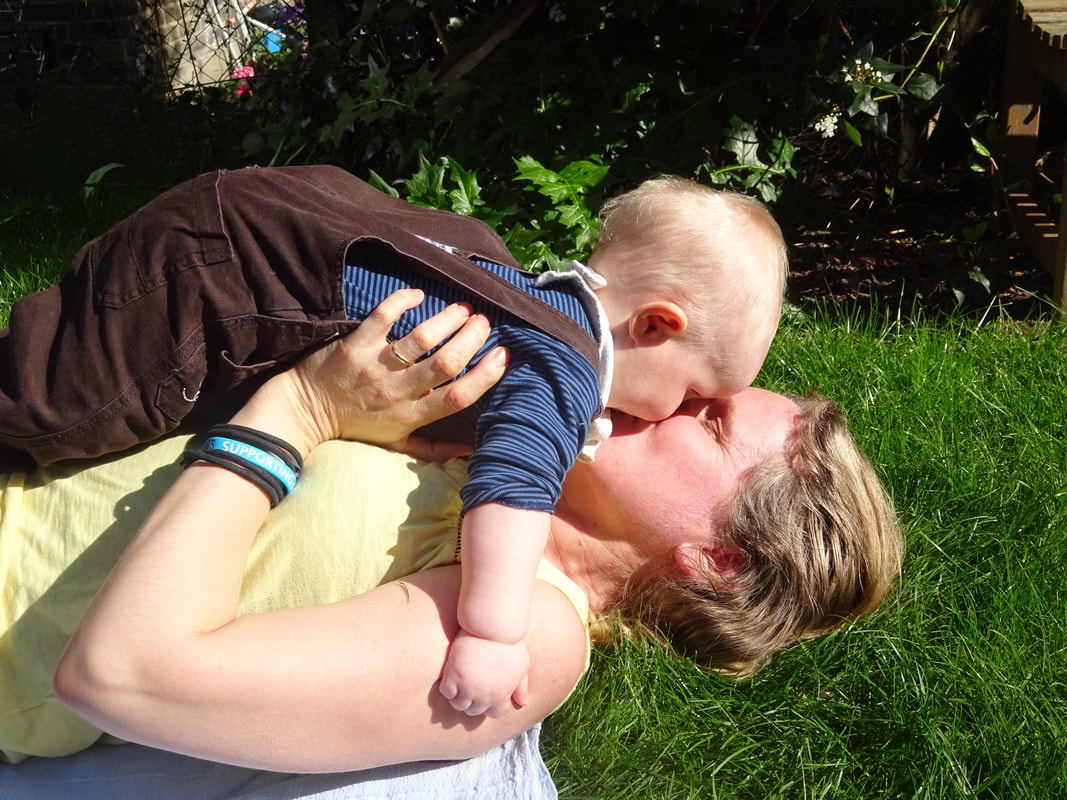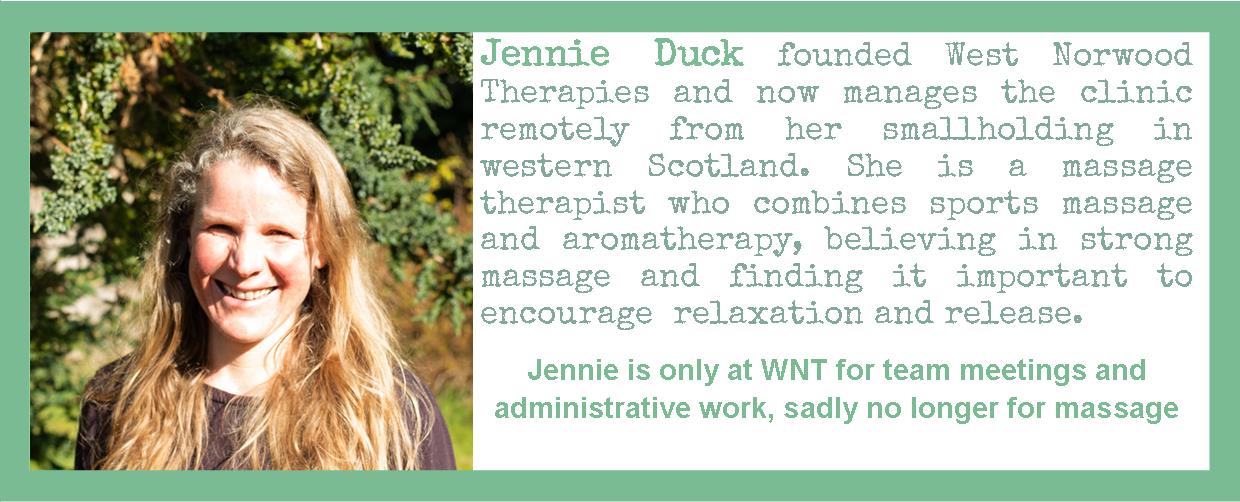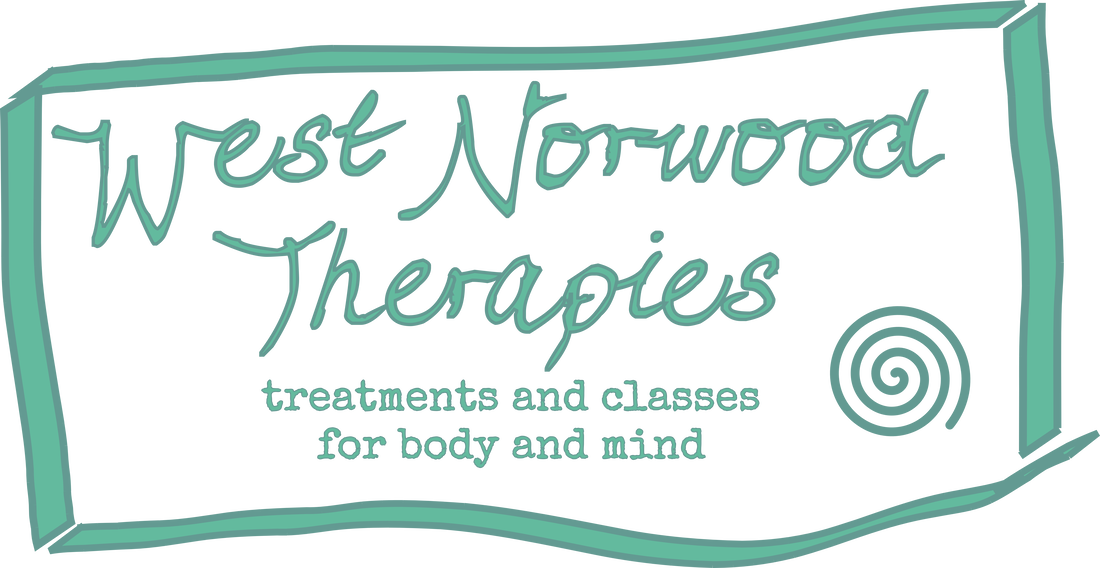|
On Maternal Mental Health Day WNT founder Jennie Duck considers how she finds being a mother and fantasises about things that she thinks would improve mental health in mothers and society I love being a mother. I love having that relationship with my son. I love being around him, I love watching him grow, I love sharing his important moments and hearing him find himself and his passions. I love snuggling him to sleep and being woken by him in the morning (less so at 4am). I love the richness he brings to my life and the ways that relationship pushes me to grow and be a better person.
It is also challenging, in particular the expectations I realise I have of myself around what it means to be a mum and who else I am ‘allowed’ to be at the same time. I find the juggling is difficult and varied and I have had to work to create self care time as I wrote about in a Shame and Self Care blog. I am still working hard to hold onto myself as a broad, multifaceted creature and realise how easy it is to slip back into the assumption that being a ‘good’ mother is synonymous with total self sacrifice. These are my expectations on myself and that I see in mothers around me, which must come from the world and society in which we were raised. Maternal mental health is important for our children’s mental health and for our society at large. And I believe it is a challenge to all mothers to maintain mental health. We have a constant need to juggle and our brains and bodies are expected to jump in all directions often simultaneously. We are often tired and overstretched and I think our society has a long way to go to accommodate flourishing mental health for us. I love Caitlin Moran’s insight into how we are forever changed on a chemical level by motherhood: “No one really talks about the chemical elements of parenting but when you think about it, this is what underpins everything. Humans are essentially bags of chemicals We choose our mate on their smell, their hormones subliminally whispering to us in a neanderthal grunt ‘this man make good baby with you’ then when a woman gets pregnant, what is created in her uterus is essentially a living hormonal implant emitting random amounts of fuck knows what into her system and rewiring her entire body and brain in a massive hormonal pyroclustic blast that she never fully recovers from” (Caitlin Moran in More Than a Woman) Here are my fantasies of how a shift in our expectations could come about that might better support maternal mental health: What if… ...It was widely understood and accepted by society that pregnant women are going through an immense change that involves so much loss as well as gain. That there is much to be grieved in becoming a mother - a sense of self, alone time, sleep, some friendships, an ability to wholly commit to something else, our bodies as they were, our attitudes as they were - everything as it was! ...we recognised openly that ‘tired and hormonal’ can really mean ‘can barely lift myself off the chair and feel like my brain is exploding’ and realised that those things shouldn’t be ignored just because they are common, that in fact this is womanhood in all its glorious colours, a rainbow to be celebrated and supported. ...our society recognised the value in rest and supporting mothers to get rest that they need from the early weeks of pregnancy through to their children leaving home, that work breaks for naps were a given and it was built into our expectations that we are all healthier and happier when well rested. …our government understood ’supporting childcare needs’ less as simply making the age for group child care lower and more the benefits to our future society of child care with a much lower adult to child ratio ...we gave more space to the fact that bringing a child into a relationship utterly changes the relationship and can often leave the person who didn’t give birth feeling left out so that couples finding themselves in this difficult place don’t feel bad or wrong and instead know this is their rites of passage to get through. ...we allowed women to work and be a primary carer by helping support the caring part better, that the person paid to look after the child can feasibly be the one who loves them best and that we didn’t feel it was a constant sacrifice between our work passions and our family as to who gets more of our time and energy. ...we celebrated the changes in women’s bodies that come with pregnancy, birth, breastfeeding, getting older and the menopause and let go of any expectation or idealisation of ‘back to a pre-pregnancy body’ - what if we could celebrate every stage of women’s bodies.... ...it was widely understood that Feminism doesn't mean ignoring biology but restructuring society so that we can accommodate everyone fairly rather than simply ‘letting’ women do more and more things. ...things that strengthen our bodies, minds and spirits like yoga, mediation, therapies and walking were valued to such a degree that we assumed it was part of our every day like eating and washing. ...we understood that you cannot separate the physical from the mental or emotional and that our mental health is always going to be affected by things that affect our bodies, like pregnancy and motherhood. The optimist in me sees some steps in some of these directions and is hopeful that society is changing, however incrementally. At the heart of any of this change is kindness and compassion - things that we so value in the act of mothering that surely should be so highly valued in how we treat our mothers in society.
0 Comments
Leave a Reply. |
AuthorBlogs from the WNT team. For our blogs from before June 2020 please see individual profile pages - it's a good way to get to know practitioners too. Archives
June 2024
Categories
All
|
|
Visit us - by appointment only please - in the office block in the Access Self Storage premises at 443 Norwood Road, London, SE27 9DQ
[email protected] Phone - please contact practitioners directly, or if not in a rush you can leave a message for us to call you back at 07931876931. |


 RSS Feed
RSS Feed
